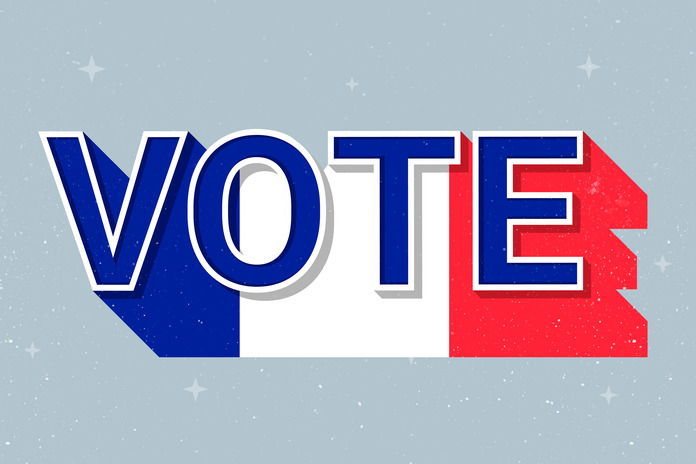The recent French election results surprised many, particularly given the discrepancies between the predictions and the actual outcomes. Both prediction markets and traditional polling methods failed to accurately forecast the election, leading to widespread analysis of where these methods went wrong. This article delves into the factors contributing to these inaccuracies and examines what went amiss in the predictions.
The Missteps in French Election Predictions
French election predictions have always been challenging, but the latest election brought to light significant flaws in both polling and prediction markets. Polls showed Emmanuel Macron with a comfortable lead, while prediction markets also favored a Macron victory.
However, the actual results deviated from these forecasts, prompting questions about the reliability of these prediction methods and highlighting the complexities involved in accurately gauging voter behavior and sentiment, which can be influenced by various unforeseen factors leading up to the election.
Polling Errors in French Election Predictions
Polling, a traditional method of gauging public opinion, faced significant challenges in the recent French election. Various factors contributed to the polling errors:
- Sampling Bias: Pollsters struggled with obtaining a representative sample of the electorate. Urban voters were more accessible compared to rural voters, skewing the results.
- Undecided Voters: A substantial portion of the electorate remained undecided until the last minute, making it difficult for polls to capture the final decision accurately.
- Social Desirability Bias: Voters might have hesitated to disclose their true preferences, especially if they supported less popular candidates, leading to inaccurate polling data.
Prediction Markets and Their Inaccuracies
Prediction markets, where participants trade contracts based on the outcomes of events, also failed to predict the French election accurately. These markets aggregate diverse opinions and theoretically provide a probability of an event occurring based on market dynamics. However, several issues contributed to their inaccuracies:
- Market Sentiment: Prediction markets can be influenced by prevailing market sentiment, which may not always reflect the actual on-ground reality.
- Limited Participation: The number of participants in prediction markets is often limited, which can result in less accurate outcomes due to a smaller pool of opinions.
- Overconfidence: Participants in prediction markets might exhibit overconfidence in their predictions, leading to skewed market trends.
Analyzing the Discrepancies
Both polls and prediction markets showed a clear preference for Macron, yet the election results were a surprise. Several underlying factors contributed to this discrepancy:
- Rapidly Changing Public Opinion: The dynamic nature of public opinion, especially in the weeks leading up to the election, can lead to significant changes that polls and markets fail to capture.
- Influence of Social Media: The role of social media in shaping public opinion cannot be underestimated. Misinformation and viral trends can shift voter behavior in unpredictable ways.
- Polling Methodologies: Traditional polling methodologies may not be adequately adapted to modern electorates, missing out on nuanced voter sentiments.
The Impact on Future French Election Predictions
The inaccuracies in the recent French election predictions highlight the need for improving both polling and prediction market methodologies. Here are some potential areas of focus:
- Enhanced Sampling Techniques: Developing more robust sampling techniques that accurately capture diverse voter demographics is crucial.
- Integrating Social Media Analysis: Incorporating social media sentiment analysis into traditional polling can provide a more comprehensive picture of public opinion.
- Increasing Participation in Prediction Markets: Encouraging broader participation in prediction markets can enhance their accuracy by aggregating a wider array of opinions.
Conclusion
The recent French election predictions underscored significant flaws in both polling and prediction market methodologies. Understanding and addressing these issues is essential for improving the accuracy of future predictions. As the landscape of public opinion continues to evolve, so too must the methods used to predict election outcomes.
Featured Image: Freepik © rawpixel.com









